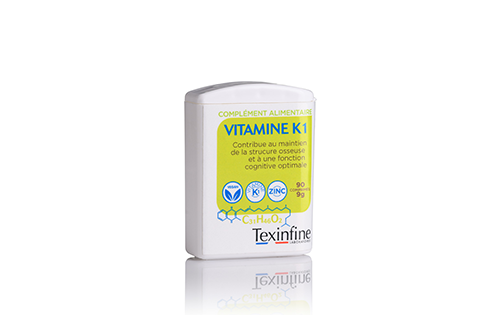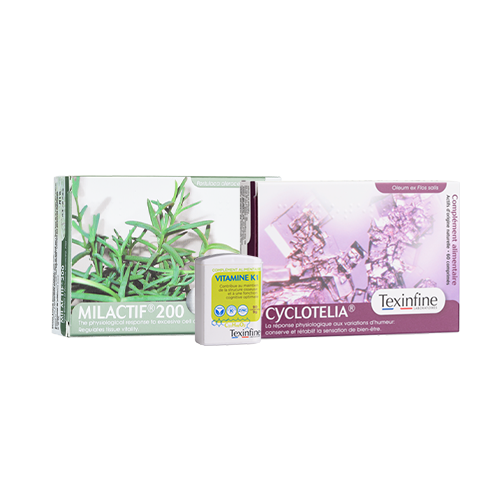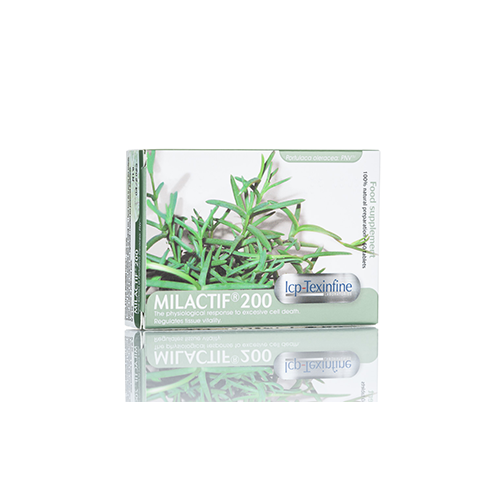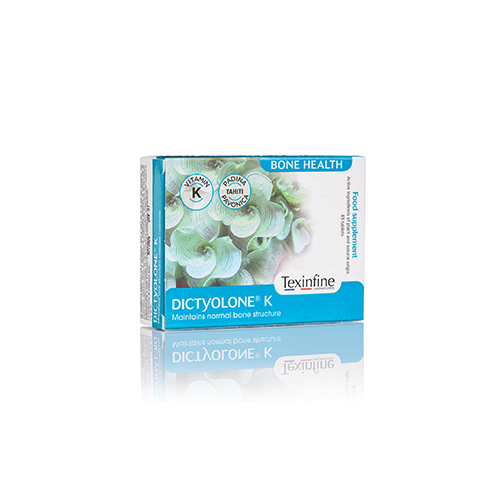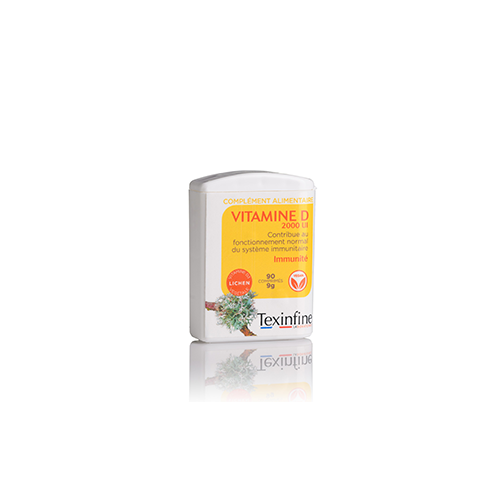Vitamin K is important for bone health. It supports the action of a protein hormone that is part of the bone structure: osteocalcin.
Vitamin K is also an essential vitamin to regulate blood clotting and is involved in nerve cell communication. Vitamin K contributes to the maintenance of an optimal cognitive function, to the maintenance of the capacities of our brain which allows us to interact with our environment (concentration, perception, reasoning, memory...).
FORM AND PRESENTATION:
Box of 90 tablets of 100 mg.
WHEN IS VITAMIN K USED?
In general, vitamin K1 supplementation is indicated for people with vitamin K deficiency and is recommended as a preventive measure to avoid such deficiency.
- As a reinforcement against bone calcification.
- For elderly people who wish to improve their cognitive functions (memory, communication, etc.).
- For students who want to optimise their concentration.
- Certain women before giving birth.
- People under treatment that can cause haemorrhaging (powerful antibiotics, anticoagulants, drugs that prevent the absorption of vitamin K.
- Problems limiting the absorption of vitamin K.
- Blood clotting problems.
- Liver and gallbladder problems.

Vitamin K was first isolated in the Luzerne in France. Two biochemists, Henrik Carl Peter Dam of Denmark and Edward Adelbert Doisy of the United States, shared the Nobel Prize in Medicine and Physiology in 1943 for their discoveries of vitamin K, a clotting factor.
Vitamin K is a fat-soluble vitamin. Its name comes from the German Koagulation, an allusion to the role it plays in blood clotting. Vitamin K1, or phylloquinone, is one of the main forms of vitamin K, derived from green vegetables.
Most epidemiological studies indicate that vitamin K deficiency is associated with reduced bone density and increased risk of fractures in people over 60 years of age and in postmenopausal women. Vitamin K supplementation is a common therapy for osteoporosis in Japan and other countries.
DIRECTION FOR USE:
2 tablets per intake per day to be taken with a glass of water.
COMPOSITION FOR TWO TABLETS:
75µg of Vitamin K1 or 100% of the NRV*, 1.5 mg of Zinc or 15% NRV*, dextrose and magnesium stearate.
*Nutritional Reference Values.
REMARKS:
- In case of anticoagulants, ask a health professional for advice.
- Suitable for vegetarians and vegans.
- Lactose free.
- GMO-free.
- This dietary supplement is to be consumed as part of, and should not replace, a complete, varied and balanced diet.
- This food supplement does not contain any preservatives.
- No significant calorie intake.
- Keep out of the reach of children.
- Store at room temperature in a dry place.
As legislation does not allow us to communicate on the properties of certain plants and active ingredients, we advise you to consult existing literature for more information.



